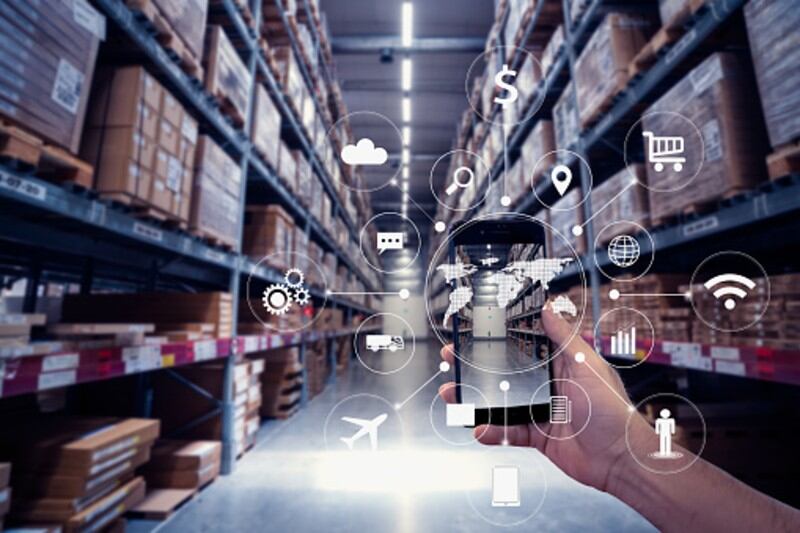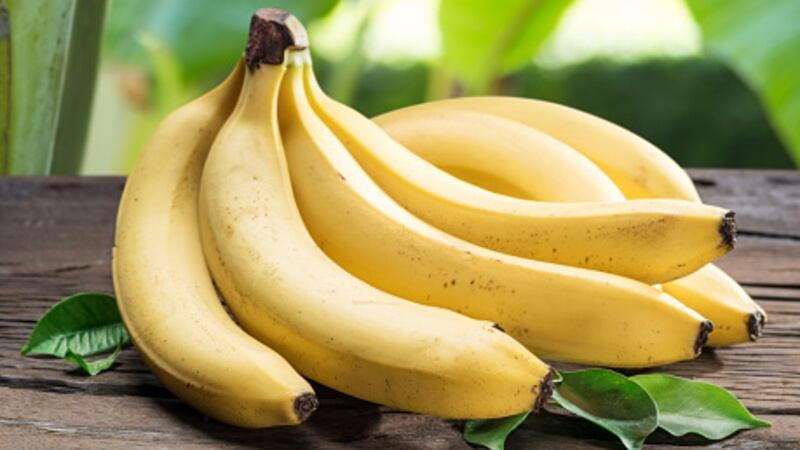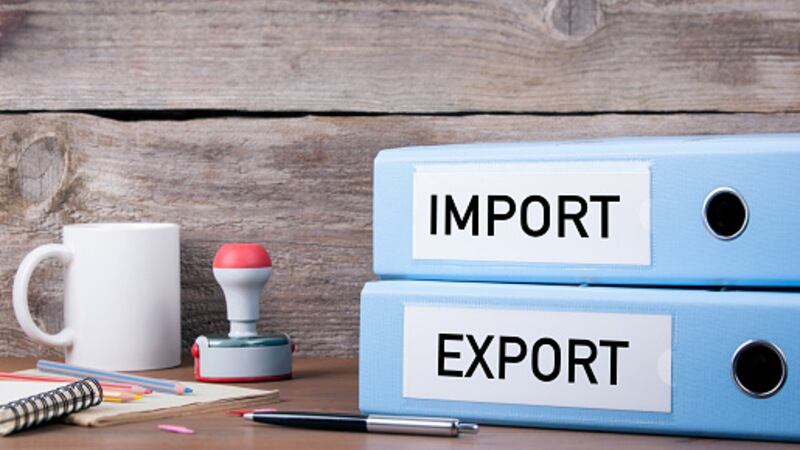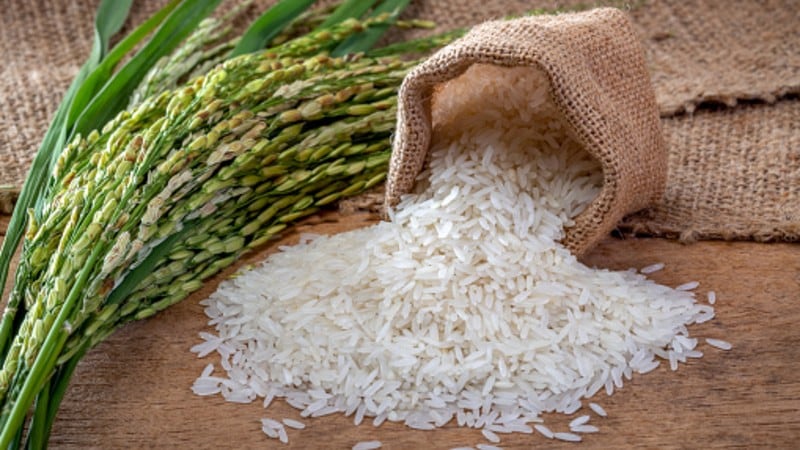Making Indonesia 4.0 was first announced by Indonesian President Joko Widodo in 2018 with key technologies such as Internet of things, artificial intelligence, automation, robotics and sensor technology at its core to elevate Indonesia’s status into a global Top 10 economy by 2030.
The F&B industry was identified as the top priority sector in the initial Making Indonesia 4.0 report published by the Indonesian Ministry of Industry (Keminperin), based on the impact its transformation would bring for the economy.
Focus on the sector was recently reignited after Keminperin data revealed a contribution of US$13.7mn by the F&B export sector to the local economy in H1 2020, the largest contributor to national manufacturing export values as a whole.
“The food and beverage industry in Indonesia is in a prime position to conquer international markets, even amidst the COVID-19 pandemic [due to] high demand,” said Minister of Industry Agus Gumiwang Kartasasmita.
“[Based on the sector’s performance this year], we are confident in our Making Indonesia 4.0 roadmap and plan to lead the F&B market in the South East Asia region. [The long-term aspiration] is to become an ASEAN F&B powerhouse.”
Keminperin is now pushing for more local F&B firms to adopt technological advances in their operations such as digitalisation and automation, and even more so in the face of COVID-19.
“Digitalisation and automation are what will lead to innovation, and innovation is what will improve the competitiveness of industries, [including] food and beverage manufacturing,” said Kartasasmita.
“After COVID-19, businesses need to continue to map out their strategies based on new conditions and reform business models to make the most of current opportunities – one of the main ways to do this is using the latest technologies, which can accelerate productivity.”
Micro, small and medium enterprises (MSMEs) were also urged to hop on the technology bandwagon. According to local economic studies, MSMEs make up over 99% of all business units in Indonesia, and those that deal with F&B make up at least 44%.
“We also want to urge MSMEs to increase their productivity and marketing capabilities [via digital means as we have found that] 62% of workers in Indonesia are working at MSMEs with low productivity,” said Kartasasmita.
“Keminperin has also launched a national MSME database system that is marketplace-integrated and supported by the National Industrial Information System (SIINAS). The hope is that this will help to maximise the marketing of their products through e-commerce platforms, to replace offline sales lost due to COVID-19.”
Reduce exports, increase local
Make Indonesia 4.0 also aims to improve on the country’s ‘underdeveloped up-midstream industry’, where at present raw material sourcing is highly import dependent, making it challenging to manage costs and enhance industry competitiveness for most manufacturing industries.
“Indonesia needs to enhance domestic upstream material production [and] there is high feasibility for the food and beverage sector to do this [due to a strong agricultural sector],” said Keminperin via the Make Indonesia 4.0 report.
“Make Indonesia 4.0 recognises that to be a global Top 10 economy by 2030, Indonesia must regain our position as a net exporter and export more than we import. The goal is to reach a 10% net export position, which is a level we have not seen since 2000.”
According to data from the Statistics Bureau of Indonesia (BPI), in 2019 Indonesia’s total imports value stood at US$171.5tn as opposed to the total exports value at US$167.7tn, representing a net trade deficit of around US$3.8tn.
COVID-19 has also accelerated the ministry’s plans to reduce import dependency, due to the impacts that were observed on supply chains amidst lockdown.
“We saw how manufacturing operations were badly affected during the pandemic because we relied [excessively] on raw materials and capital goods from other countries, whether from upstream or intermediate sectors – so when the countries of origin were impacted, we were also affected. [This] needs to change,” said Kartasasmita.
In line with this, on July 29 Keminperin announced a new 35% import-reduction goal to be achieved by 2022, with a roadmap in progress to cultivate local firms’ capabilities to substitute currently-imported products with locally-produced ones.
“Indonesia has been ‘flooded’ by imports in recent months – [such as large amounts of] garlic that have entered the country from China, and frozen meat from Australia. [We want to] reduce total imports by 35% to US$82bn by 2022,” he said.
“Indonesia [also] only applies safeguards for 102 types of products and antidumping for 48 products [as compared to the thousands that are imposed by other countries] – this means that it is much easier for foreign products to enter Indonesia, [as compared to] the other way around. We will look into this.”
Keminperin National Export Development Director-General Kasan Muhri added that nontariff measures have also been hindering Indonesia’s trade, for example with China requiring Indonesian exporters to sign COVID-19 free declarations before accepting any imports.
“This is among the non-tariff barriers that emerge and are related to the handling or situation of the COVID-19 pandemic [and] Indonesia is reviewing all tariff and nontariff barriers slapped by other countries on [our] products,” he told Jakarta Post.





